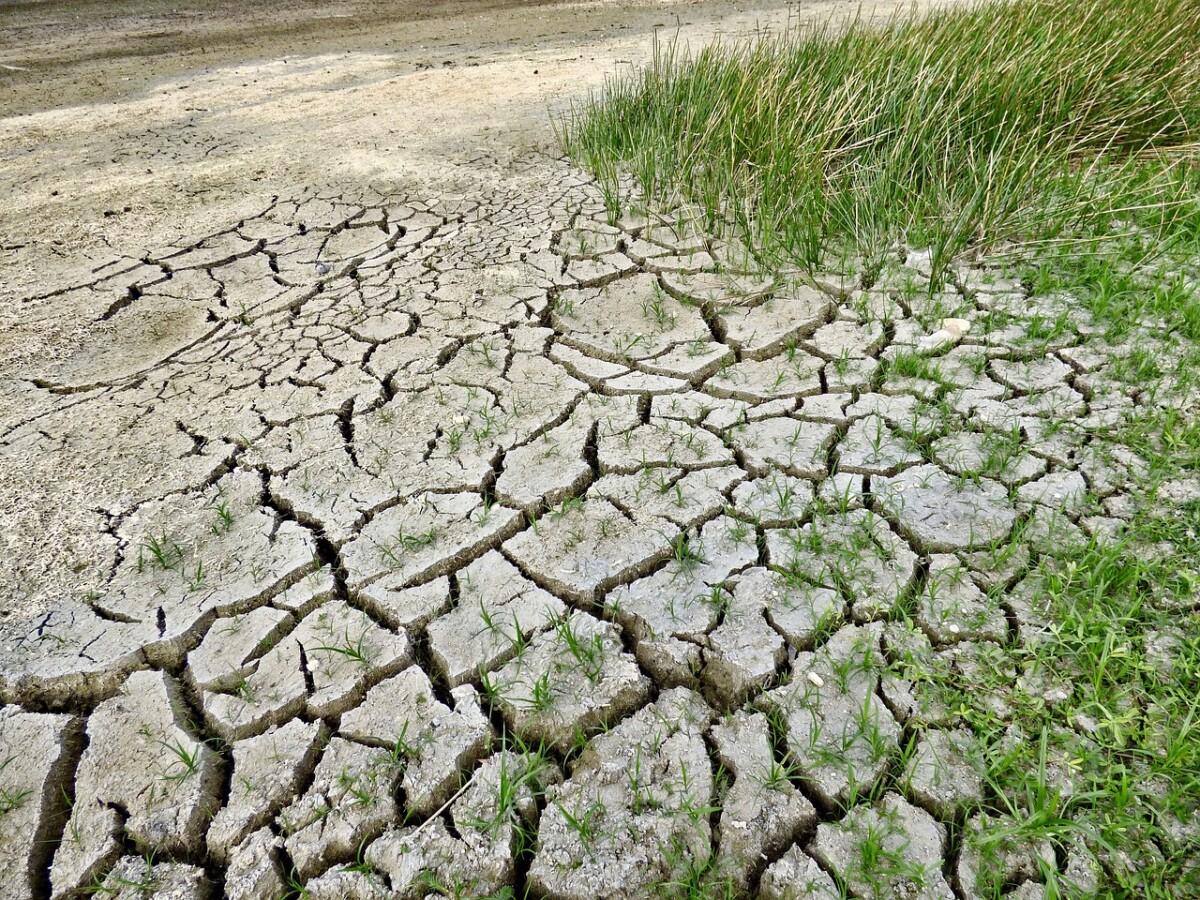12 strangers decide how to donate £100k in new project

Twelve people previously unknown to each other met this week for the first of a series of discussion sessions to decide how £100,000 should be distributed to good causes.
The money is being provided by David Clarke, an economics and finance writer and researcher, for a project called Wealth Shared, which he has developed with collaborators in Liverpool including Emily McChrystal (FRSA), who is facilitating the discussions, and philanthropy expert Rhodri Davies.
The idea is to get this group of “ordinary” people, previously unknown to each other, to decide how £100,000 can have the most benefit, providing a practical demonstration of how wealth can be redistributed and democratised. There are few limits on how it could be distributed – the money could go to any cause, or could be distributed as payments to individuals, and the beneficiaries can be local, national, or international.
Advertisement
Random selection
Several hundred households in Liverpool – where Clarke lives – were selected through the Electoral Register and sent letters inviting them to register their interest, with the participants selected at random from those who responded.
Commenting on the project, Clarke said:
“I started this project because I wanted to create a practical example of how more people might be given the opportunity to decide what happens to more of the wealth in the economy. I think lots of people have untapped wisdom and ingenuity about how to improve the world, and exercises like this can harness that.”
There are almost no limits on what they can decide. The money could go to any cause, from animal rights to poverty reduction, environmental protection to medical research. It could even be distributed as payments to individuals. The beneficiaries can be local, national, or international.
First meeting
The first meeting has now taken place. According to Clarke, while the participants arrived not knowing what to expect, with several saying that they had suspected it was a scam, once they had heard some more about the task they have been set, they very quickly got into an in-depth and lively discussion about how the money could be used.
He says participants talked about how the £100,000 was a large amount of money, but not an unlimited amount, and how they want it to have a long-lasting impact. There was also a lot of focus on the cost-of-living crisis, which the participants were very aware of affecting the community they live in.
Future plans & reporting
Conversations will continue this summer with the aim of reaching an agreement about how the money should be given away.
The project can be followed via its website, and a report will be published later in the year with the outcome and an evaluation of the process.





